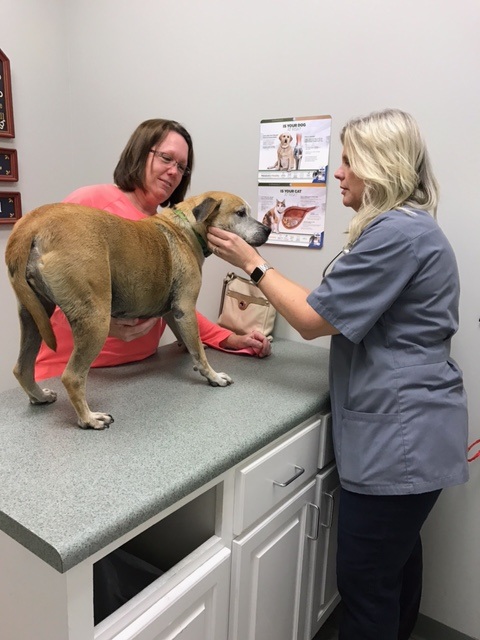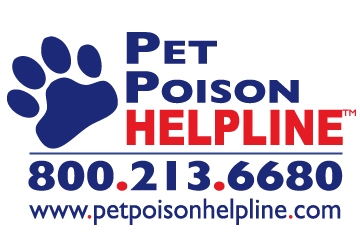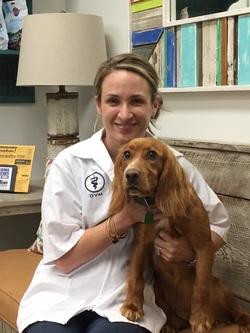What I do charge for, however, is a "physical exam and professional consultation." A physical exam is a service the veterinarian provides using her time, expertise, her thought process, ideas, creativity, and her skill. During a physical exam your pet will be examined from stem to stern. The veterinarian will listen to the heart, look at the eyes and in the ears, examine the teeth, evaluate the skin, palpate the body for swollen lymph nodes or other lumps and bumps, palpate the abdomen for foreign bodies and masses, evaluate his gait, and overall health. She will ask you questions she finds pertinent and that may give her clues as to what kind of disease process, if any, is going on in your pet. During this time you have the undivided attention of the veterinarian and you should mention any details, no matter how small you might think they are. From here other diagnostic procedures may become necessary such as blood work and/or x-rays. The goal is to reach a diagnosis and form a treatment plan.
Because animals are masters of disguise and it is their nature to hide their pain, the veterinarian may uncover issues during the physical exam the owner never even knew existed. Oftentimes, issues have come on so slowly , such as with arthritis, the owner has failed to notice them. It is the job of your veterinarian to help you find these issues and the start of that investigation is with the physical exam, or what others might inappropriately term "the office visit."
So the next time you think you might want to skip the physical exam, think again! In my humble opinion, the physical exam and professional consultation is the biggest bang for your buck. After all, we all like to get what we payed for, don't we?




 RSS Feed
RSS Feed